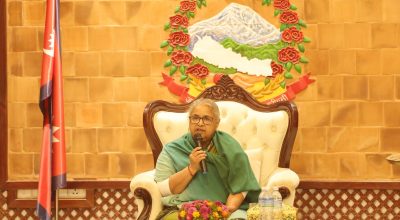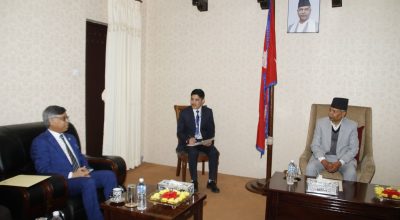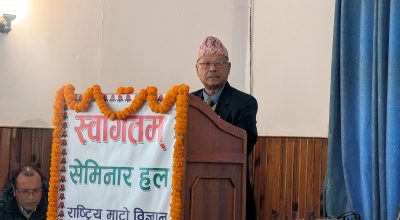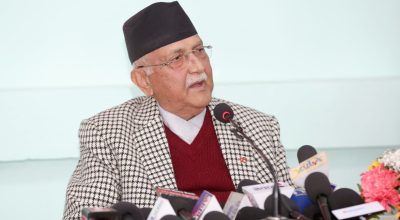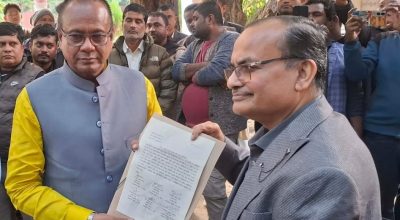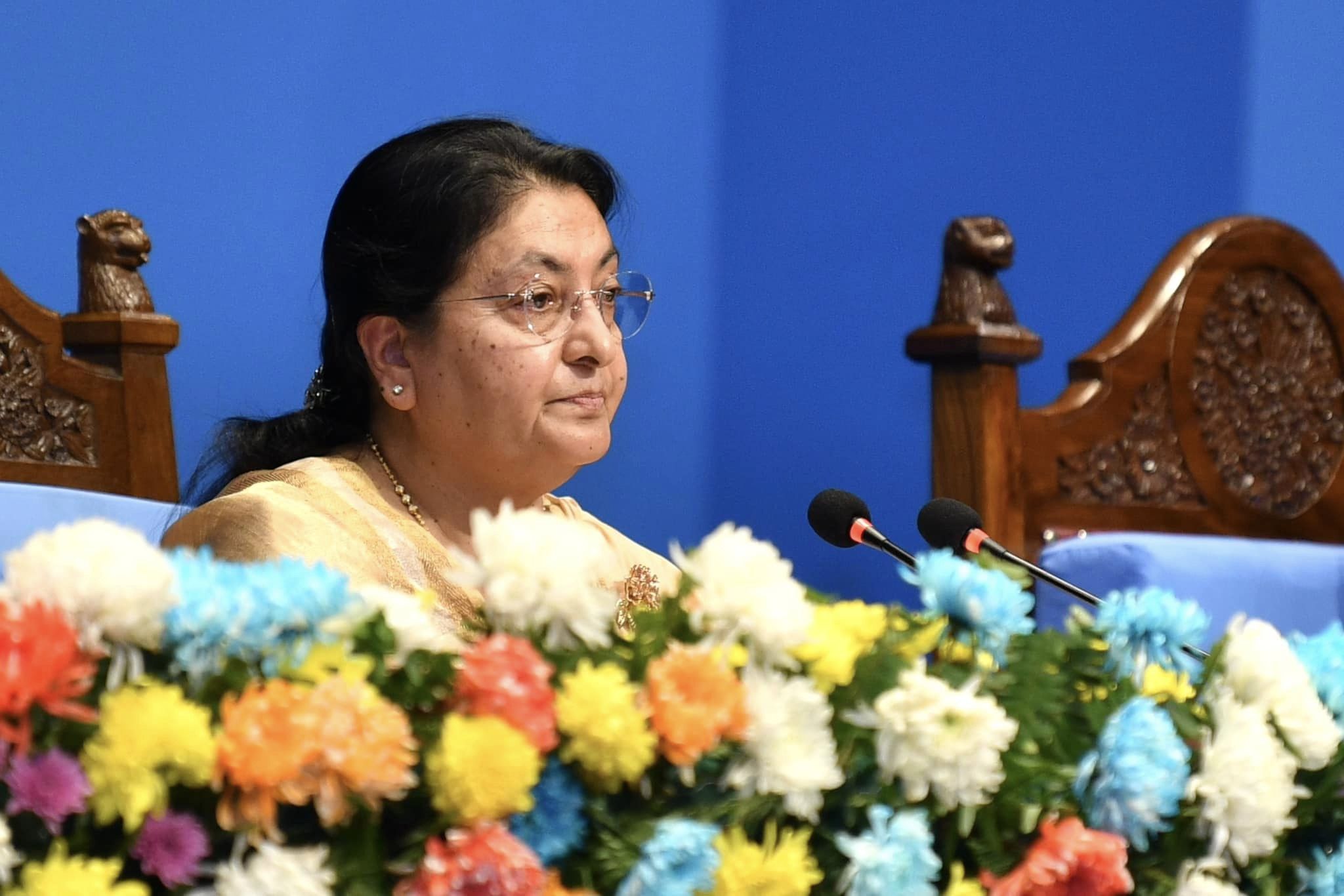
Kathmandu, Feb 11: President Bidya Devi Bhandari has said at a time when the country is facing difficult economic situation, it is necessary to find a solution to the immediate, short-term and long-term problems seen in the economy.
“Although some positive signs have been recently seen in the economic indicators, there is no assurance of its sustainability. Problems of monetary liquidity, lack of sufficient resources for investment and external factors have been weakening the manufacturing sector”, the President reminded, stressing that we must be serious about the frail manufacturing sector, which is a major source to address the economic growth, rising inflation and widening international trade deficit.
In an address to the joint sitting of the House of Representatives and the National Assembly on Friday, President Bhandari stated in the age of globalization, domestic efforts only are not enough for economic development. Economic problems are not solely caused by domestic factors either.
“Nepal is obviously not the only country untouched by the impact of COVID-19 pandemic of more than two years and the Russia-Ukraine war since the last year on the global economy. Some of the problems of our economy emanate from these reasons,” she said, reminding the government and parliament not to escape from responsibility in any pretext. It has become important to take serious steps towards strengthening our economy.
According to her, there is a need to bring structural reforms to the government’s financial policy through a comprehensive study of the internal and external factors affecting the economy. It has been urgent that the financial policy is directed towards promoting institutionalizing the formal economy. She believed that in the days ahead, government will expand the area and base of revenue and incentivize the formalization of all types of economic activities.
Moreover, the President viewed the economic activity sustains only through a coordinated implementation of fiscal policy and monetary policy. Immediate steps are needed to resolve the crisis arising out of an increase in interest rates of banks and financial institutions.
She further reminded that the cost of production has increased due to rise in interest rates amid the liquidity crunch, affecting not only the manufacturers and businessperson, but also consumers. The frustration seen in the private sector in recent times should be addressed with serious study.
President Bhandari also drew the attention of government toward low capital expenditure. It has not only weakened capital formation but also slowed down other economic activities causing a decrease in government revenue, among others. In a situation when revenue targets are not met and foreign cooperation mobilization is at its low, there is pressure on internal loans to meet the expenses. She expressed her confidence that the government would take appropriate steps to address this.
Likewise, President Bhandari argued though the pressure seen in the external sectors of the economy has eased to some extent, there is no certainty.
“In order to reduce the growing trade deficit, I feel that measures have to be sought to increase exports in collaboration with the private sector. Without changing the import-oriented structure of our economy, it will be difficult to reduce the trade deficit immediately.
The policies and programmes of the government therefore should be directed towards maintaining trade balance by combining in a integrated way the production quantity and cost, investment, consumption and quality, while critically reviewing the efforts and achievements made so far for export promotion.





